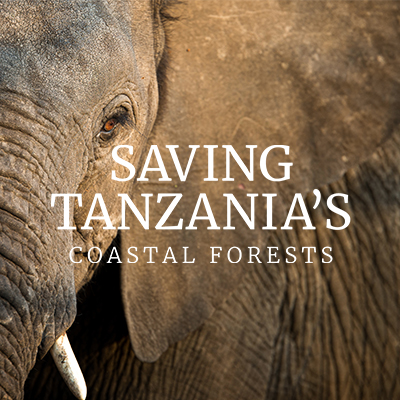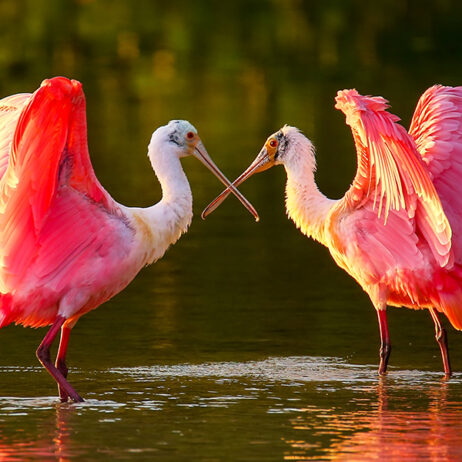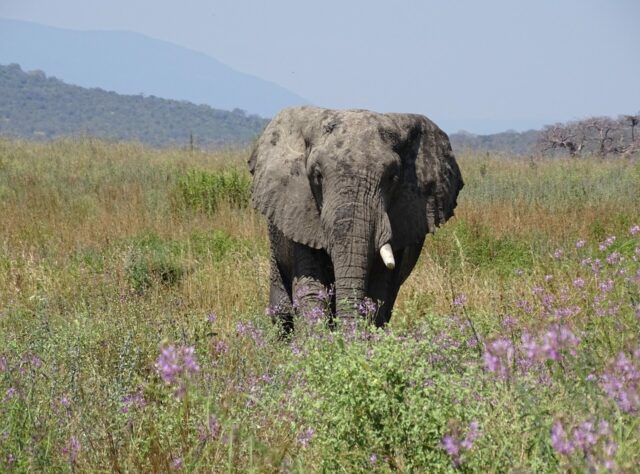
African Elephants are the largest land mammals in the world – but their size and strength cannot protect them from deforestation and poaching. Our new appeal offers WLT supporters like you the chance to save land for the herds travelling through Tanzania’s coastal forests. Credit: STEP
The African Elephant: a fond favourite of animal lovers everywhere and a symbol of grace, strength and family. This year, World Land Trust (WLT) supporters have a chance to offer a lifeline to herds facing human pressures wherever they go in eastern Tanzania – by helping, through our new appeal, to save a crucial corridor at a time when other migratory routes are being blocked off.
Africa’s elephants need no introduction and yet not many people are likely to have been aware of the precise extent of the challenges they face – until the IUCN came to paint a tough conservation picture just days ago.
In late March, the body’s latest dedicated analysis concluded that both species on the continent are now threatened with extinction. Savanna elephants – the species our appeal will help protect – have been uplisted from Vulnerable to Endangered, following a 60% drop in their populations in the past 50 years.
The elephants in the vast, unprotected corridor between Tanzania’s Nyerere National Park (formerly part of Selous Game Reserve) and the Rondo Forest Reserve are no exception to the worrying trend.
Researchers have already noted how two migratory routes to the east of Nyerere are being “blocked off and narrowed”. Driven by human activities, the encroachment is forcing small matriarchal herds to cross main roads, plantations and private land – sparking conflict with communities that is already costing animal and human lives.
Watch our short video to discover why Tanzania’s elephants
need our help against deforestation
These herds act, researchers report, like hunted populations. Never staying in one place for more than 12 hours, they hide during the day and move only under cover of night. They urgently need a safe place to roam, feed and raise their young – a gift that our partner Tanzania Forest Conservation Group (TFCG) can give them, with your help.
Supported by donations to our new £360,000 appeal, TFCG is working with local people to create 10 new Village Land Forest Reserves (VLFRs). Once protected, this major stretch of land around the Rondo Plateau – 49,000+ acres (20,000 ha) in all – will preserve part of a crucial elephant corridor, to the south of where the other two routes are disappearing; a safe home and pathway, open to elephant herds for generations to come.
Human-elephant harmony is possible when we work together
The African Elephant’s status as the world’s largest land mammal – reaching heights of up to 3.3m (10 ft) and an average weight of 6,000kg (6.6 tons) – is well known, but the behaviour and history of Tanzania’s specific populations are markedly understudied.
To better understand the elephants that pass through the Rondo Plateau, we spoke to two conservationists: experienced researcher Andrew Perkin, who has spent many years in the field in Tanzania; and Dr Trevor Jones, CEO of the Southern Tanzania Elephant Programme (STEP), an NGO and WLT partner dedicated to providing a peaceful future for elephants in this part of the country.
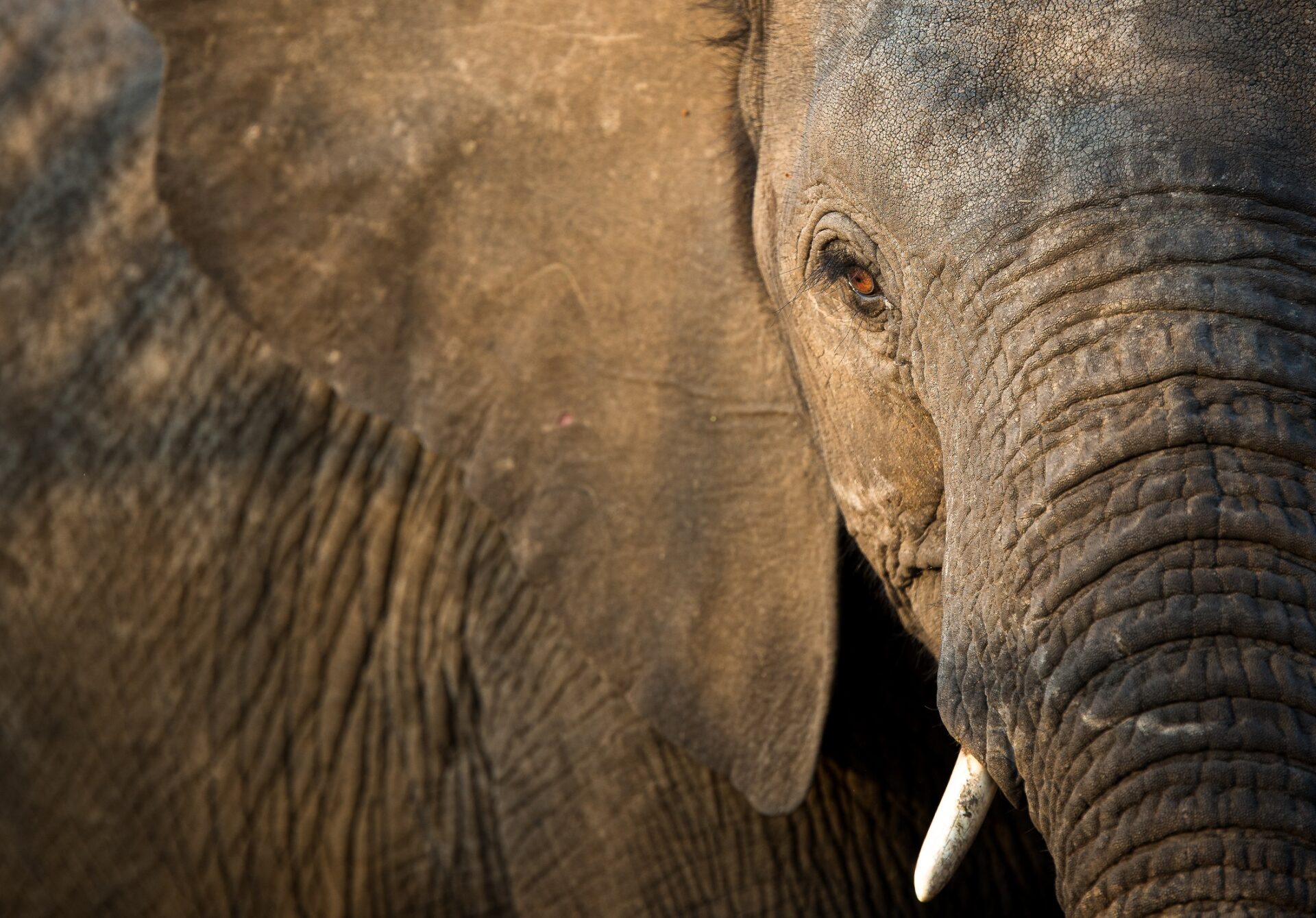
Kind and compassionate, African Elephants have strong family bonds and are known to mourn a lost loved one. WLT supporters can help keep families together by protecting a critical wildlife corridor in eastern Tanzania. Credit: Josh McPhail / Shutterstock
It’s no secret that elephants’ memories go far back. Andrew, who has worked alongside TFCG during past visits to Rondo, tells us that these gentle giants are constantly on the move and instinctively know the routes they have to follow. Walking in the footsteps of their ancestors, their incredible memory tells them they must go to Rondo Plateau for water and minerals.
The problems arise when humans disrupt these routes, as Trevor from STEP explains: “Elephants will always keep trying to use their familiar migratory routes, leading to increased and very dangerous conflict with the local communities.”
With herds increasingly forced to travel through private land, elephant-human conflicts are unfortunately becoming more commonplace in southeastern Tanzania, and when small herds lose a family member, the impacts can be deeply felt. There are implications for genetic diversity but also the fact, documented by researchers, that elephants are known to acknowledge their dead, with behaviour some have likened to mourning – such as the filming in Kenya in 2016 of herds coming to inspect and touch a fallen old matriarch.
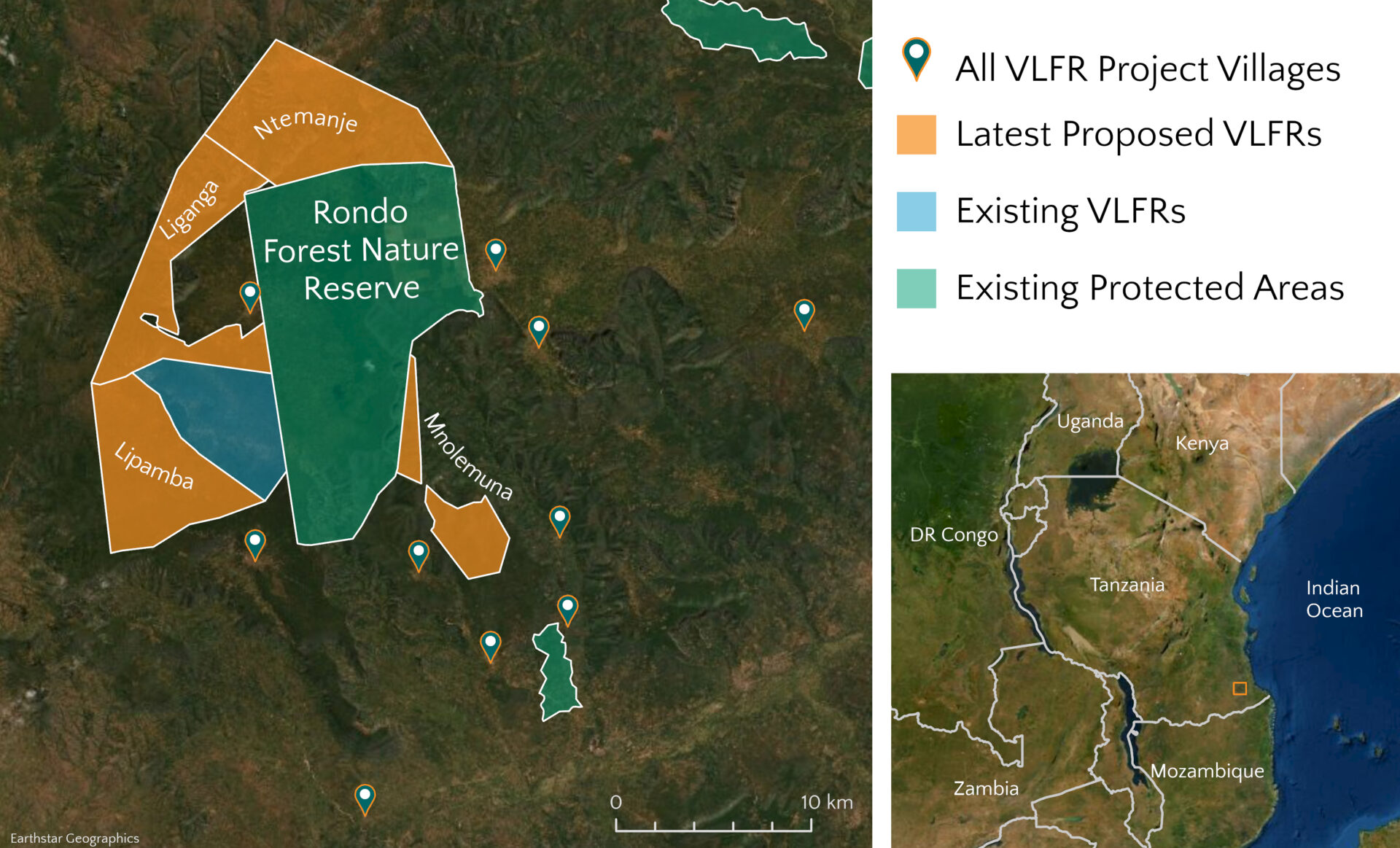
To ensure that land conservation also works for people, TFCG will provide various forms of support to the communities living in the project area, including microfinance schemes. These same communities will also decide where the reserves are created. Credit: World Land Trust
If human-elephant conflicts are to be minimised in the Lindi District, where TFCG’s project is based, involvement of local people will be key. This is an approach that others like STEP have successfully used to defuse tensions in southern Tanzania and that will be emulated by TFCG.
Our partner is placing communities at the heart of its conservation project: local villages will decide where the 10 new reserves will be created, and will be supported by TFCG through programmes for microfinance and sustainable livelihoods that don’t cost the forest; the foundations of a future where elephants and people can live in harmony – a tomorrow you can make possible.
Elephants: Nature’s caregivers provide nourishment for fellow forest-dwellers
If, with your help, TFCG succeeds in protecting part of a crucial wildlife corridor in Tanzania, the benefits will extend to the overall landscape – a lifeline to help rebalance a fragile ecosystem.
While roaming the lands in search of food and water, elephants help restore the landscape by dispersing seeds through their digestive process; bringing new plants to regrow ecosystems damaged by habitat loss and degradation.
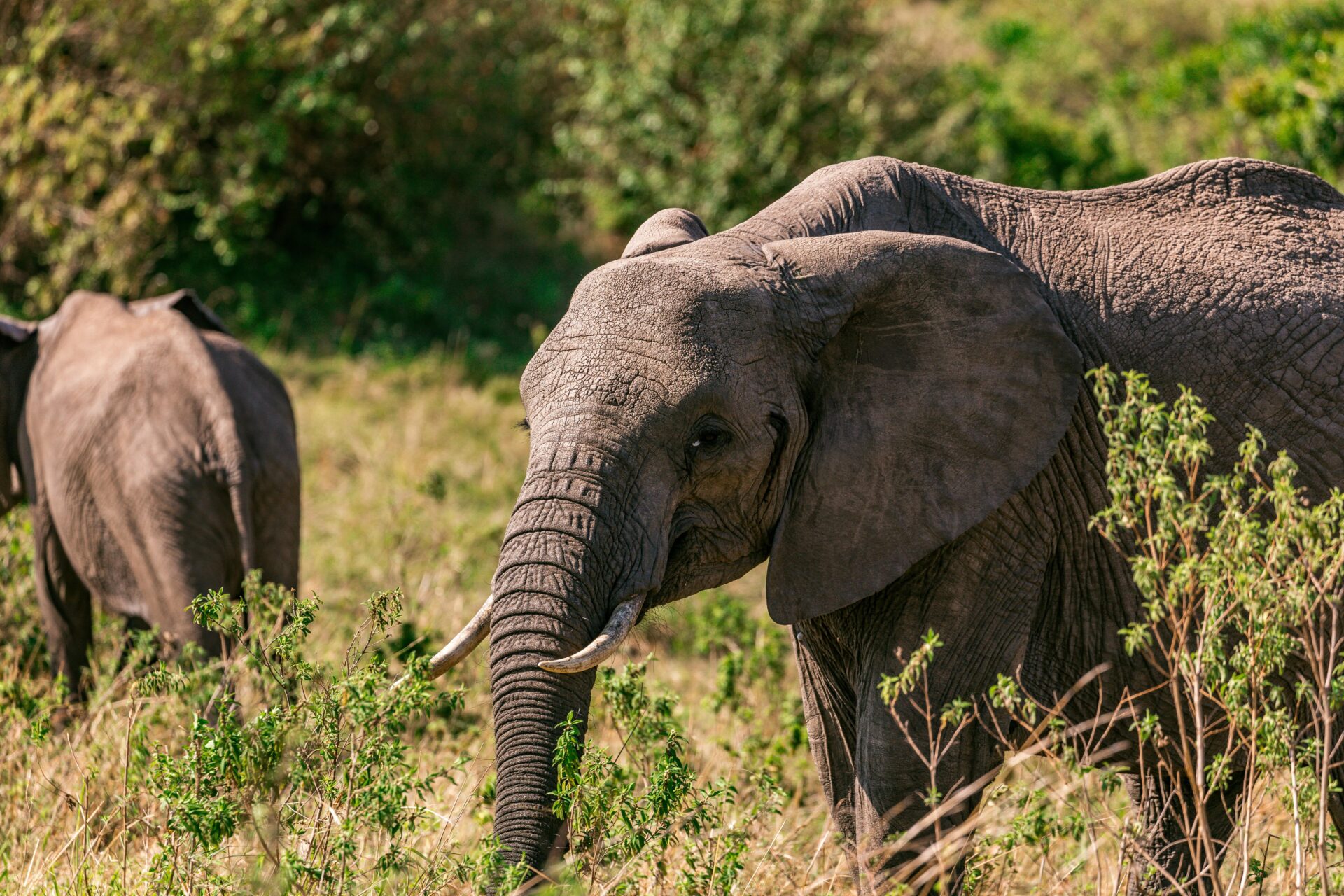
African Elephants are resourceful – they dig up riverbeds with their front feet to source fresh water, leaving behind wells for smaller species. Credit: Antony Trivet / Pexels
Without knowing it, these compassionate creatures are also helping unlock food, water and shelter wherever they go in their roaming. When they dig up riverbeds with their front feet to source fresh water, they leave behind wells for others to use and also push down trees and tear off bark, bringing sustenance within reach of smaller species.
And there is climate change to think of too: Trevor from STEP points at the role of wildlife corridors as a buffer against the impacts from global warming. In a country like Tanzania, where one million acres of forest are destroyed every year, healthy tracts of land help mitigate against environmental threats caused by rising temperatures: heat extremes, water scarcity, droughts and intense flooding.
